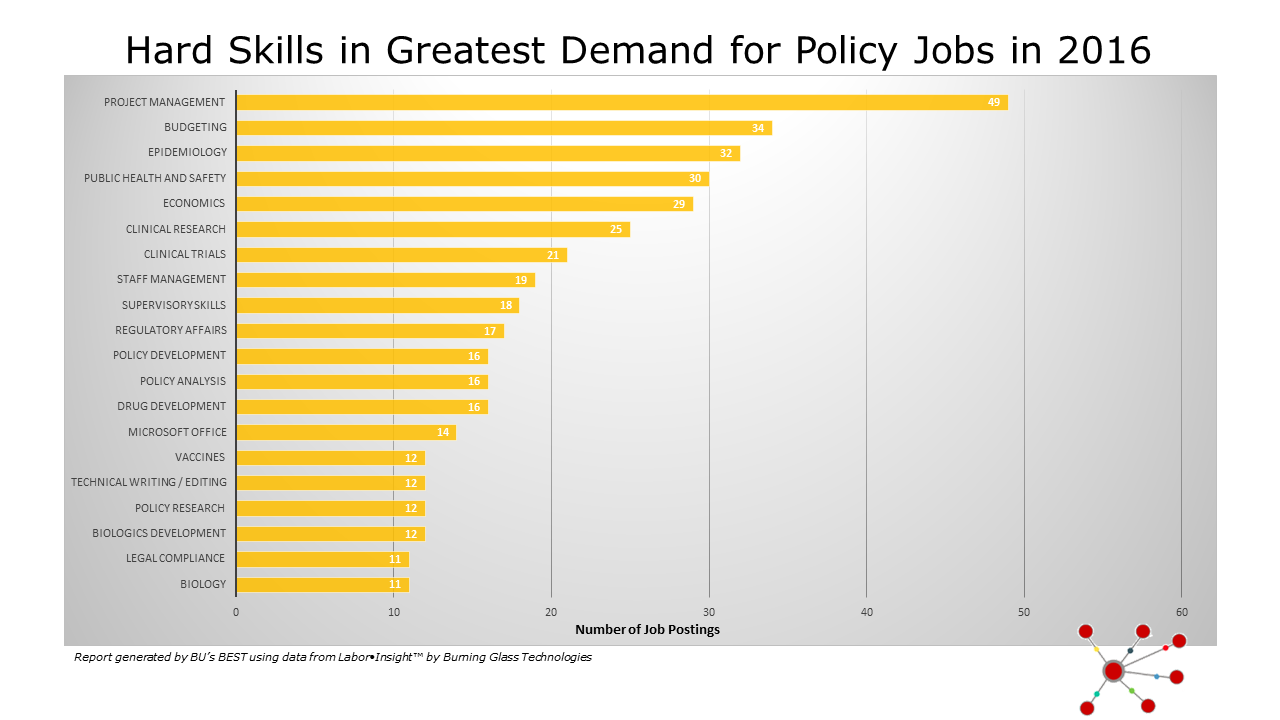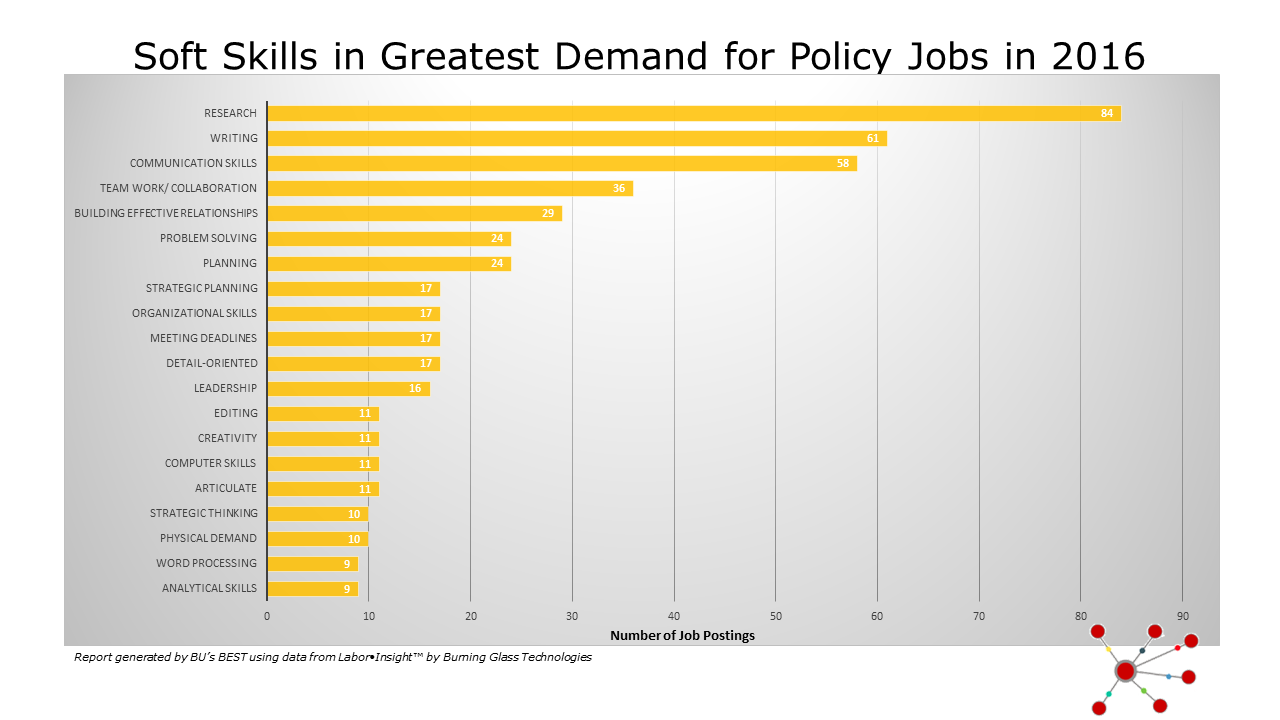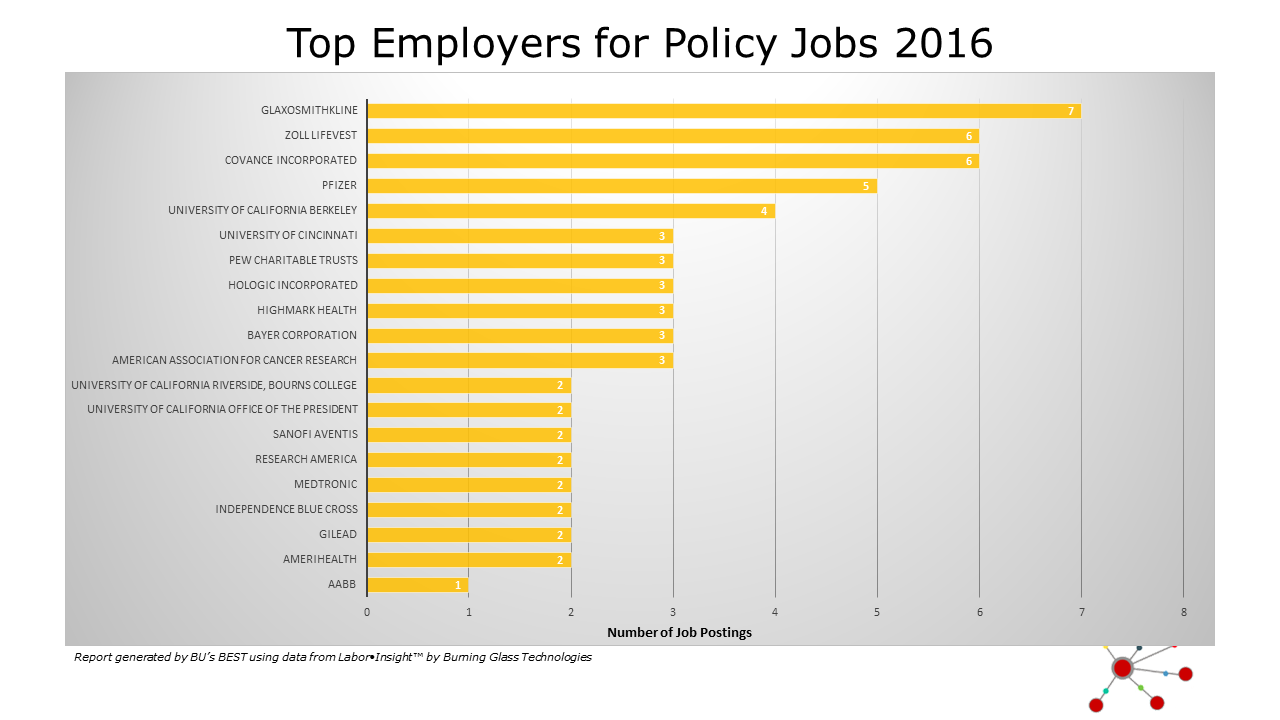what is science policy?
Laws
Legislation passed by Congress, such as the America COMPETES Act, direct the scientific enterprise by authorizing federal scientific agencies and funding.Regulations
Regulations, such as the “Common Rule” or the rules that govern the protection of human subjects involved in research, control and maintain the scientific enterprise.Funding Priorities
From the budgets of federal science agencies to the allocation of grant funds to specific research projects, funding priorities for science remains an important part of science policy.Procedures and Rules
The scientific peer-review process is an example of a procedure–requiring that scientific discoveries are rigorously critiqued–that directs how science is conducted.Judicial Rulings
Judicial rulings, such as the Supreme Court Ruling in June of 2013 that human genes cannot be patented, impact the scientific enterprise.
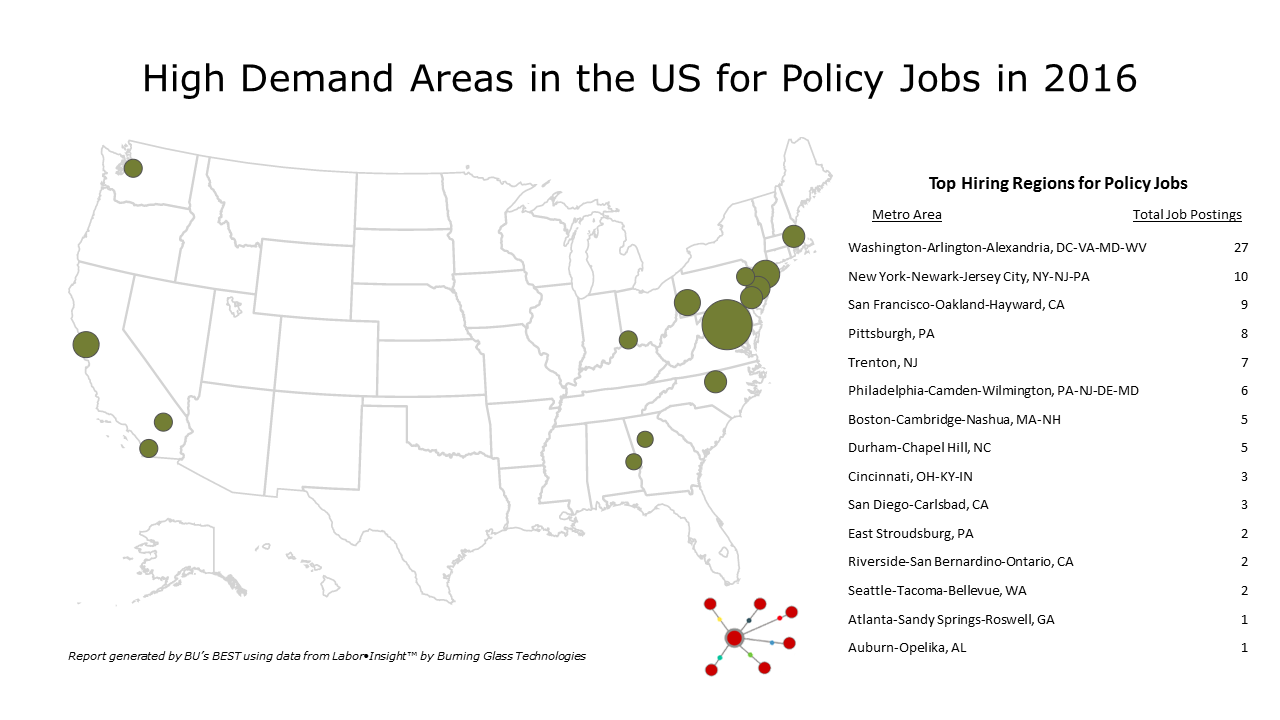
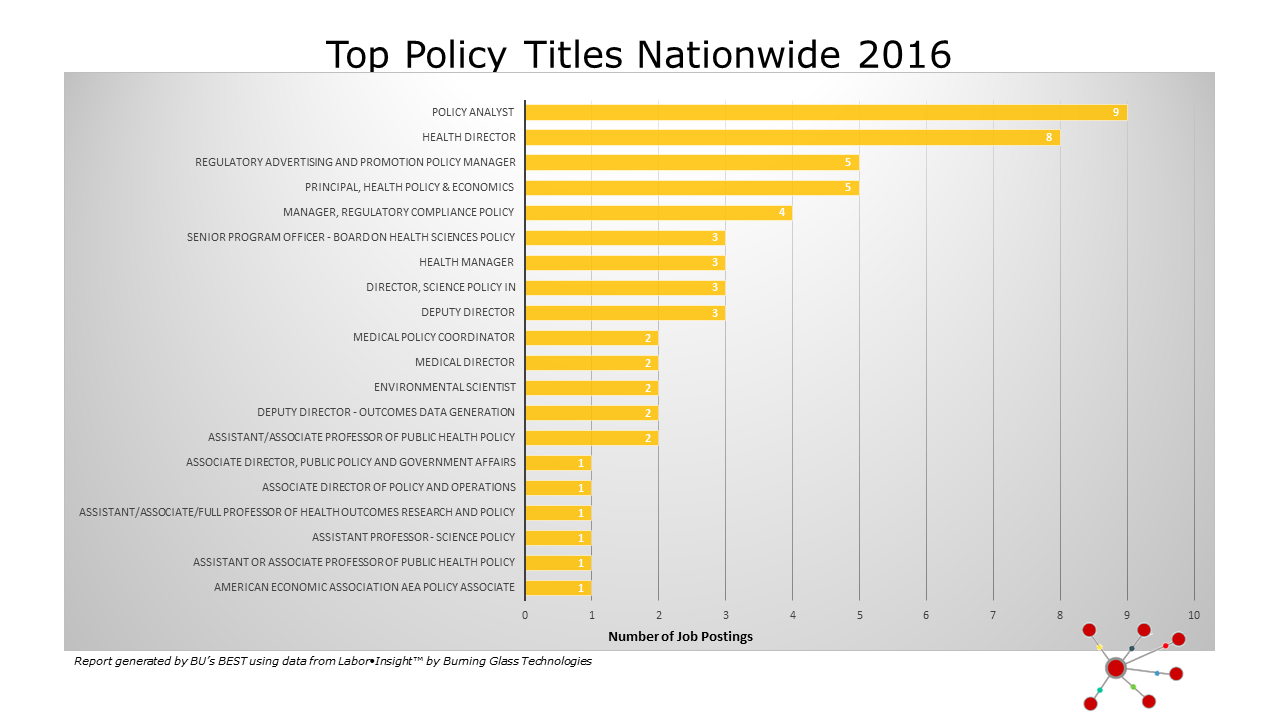
Questions and Answers
What opportunities are available for bioengineers in science policy?
Science policy professionals are experts in their scientific fields and serve as a bridge between researchers and policy makers. They find ways to translate highly technical scientific issues into something that can be applied to public policy decisions. They work in an array of settings including government and non-governmental environments and they engage with both scientific and non-technical colleagues.
Scientific societies, think tanks, international organizations, charities, and lobby groups all need specialists working on science policy. Within these organizations, bioengineers serving in science policy positions may work to define and promote specific scientific goals, priorities, and research directions; advocate for research funding; and monitor how policies impact the scientific research enterprise.
Why consider a career in government & policy?
- You feel fulfilled by serving the public and society at large.
- You want to play a vital role in addressing pressing scientific issues.
- You have an interest in supporting public health.
- You value a stable work environment, as well as a healthy work/life balance.
How do I prepare for a career in government & policy?
- Get involved in student government or policy committees within your school or other organizational group.
- Attend scientific conferences that have a focus on government & policy career pathways or federal government symposia/sessions. Meet with program officers and learn about their experiences in government.
- Participate in a fellowship opportunity, such as the AIMBE Scholars Program, bringing graduates with doctoral degrees to Washington, DC to work at the FDA.
What is the salary of bioengineers working in government?
Salaries of government employees are determined by a scale (called the General Schedule or “GS”) that takes into account years of experience and locality. Early career bioengineers earn salaries of $75,000-$90,000 depending on the position, while experienced bioengineers earn salaries of $115,000-$135,000. Click here to explore bioengineering salaries by experience and geographical region.
Where can I find career postings for government positions?
USAjobs.gov is the comprehensive source of U.S. federal government jobs in every sector across the nation and abroad.
The government agencies, below, commonly employ STEM (science, technology, engineering, and math) professionals.
National Aeronautics and Space Administration
Environmental Protection Agency
Department of Health and Human Services
U.S. Agency for International Development
How do I prepare a federal government resume?
Creating a federal resume that brings your qualifications to life and shows that you are a perfect fit for the job can be a challenge. The federal resume can either open doors or eliminate you from the running. Be sure to demonstrate how your skills, experience, training and education match the employer’s needs.
